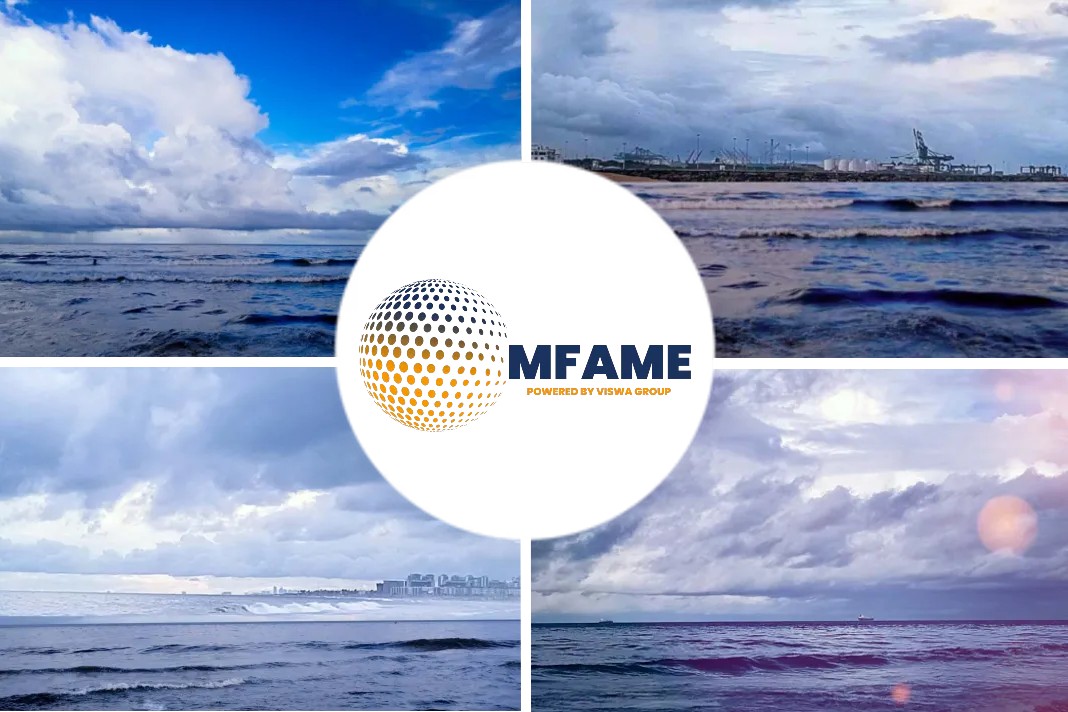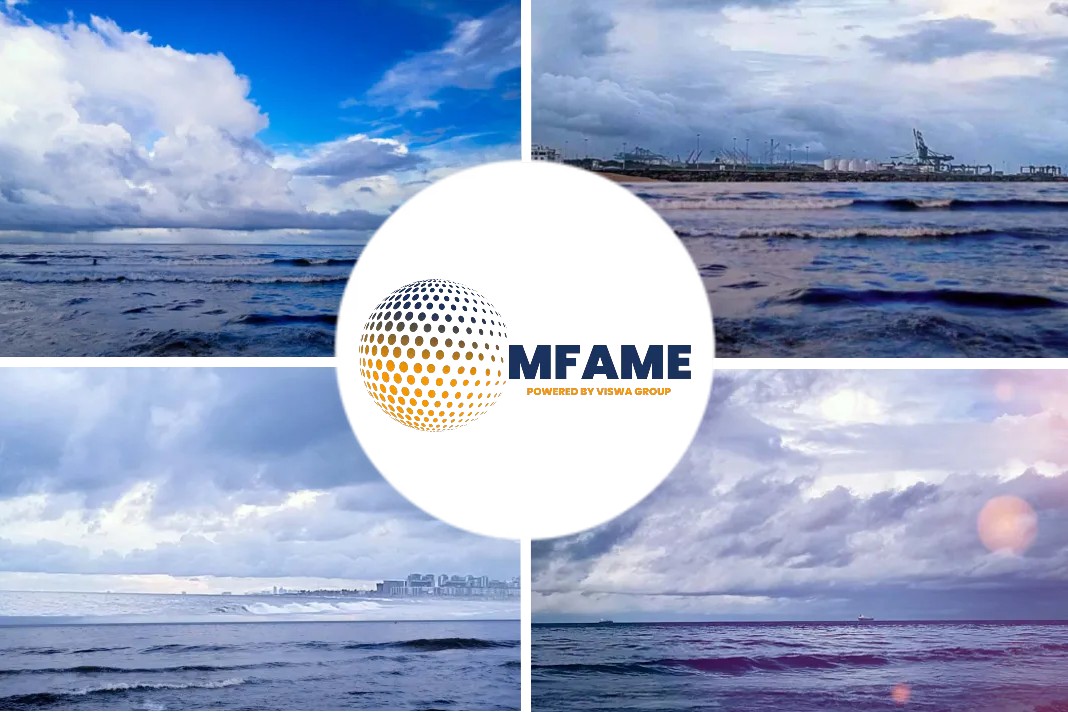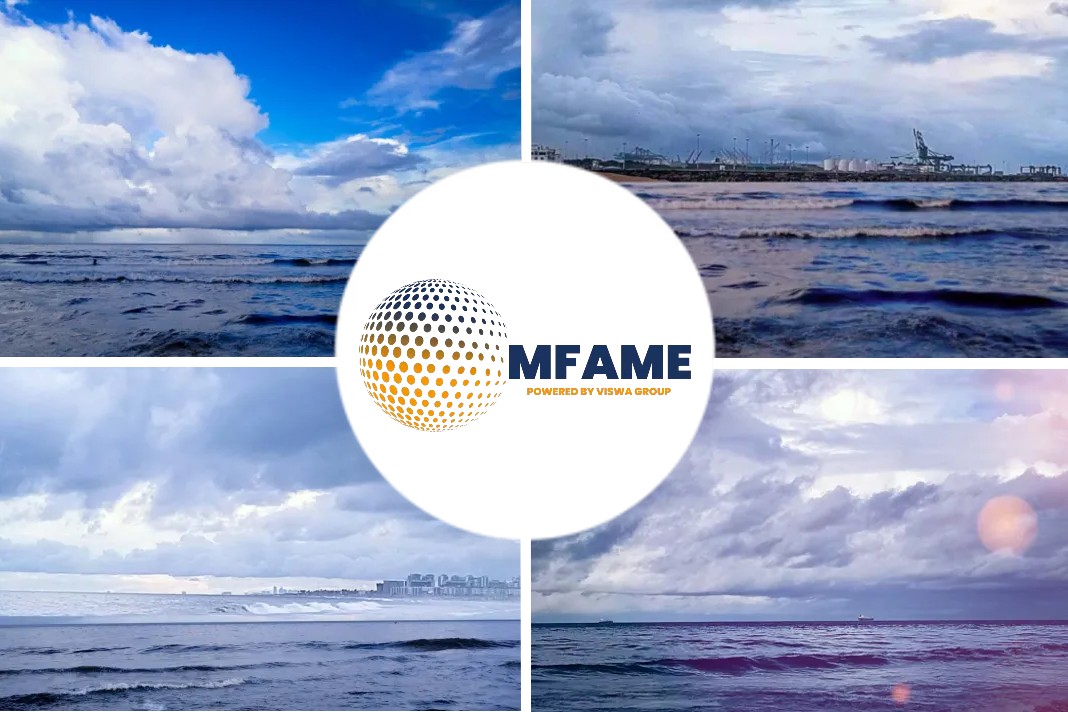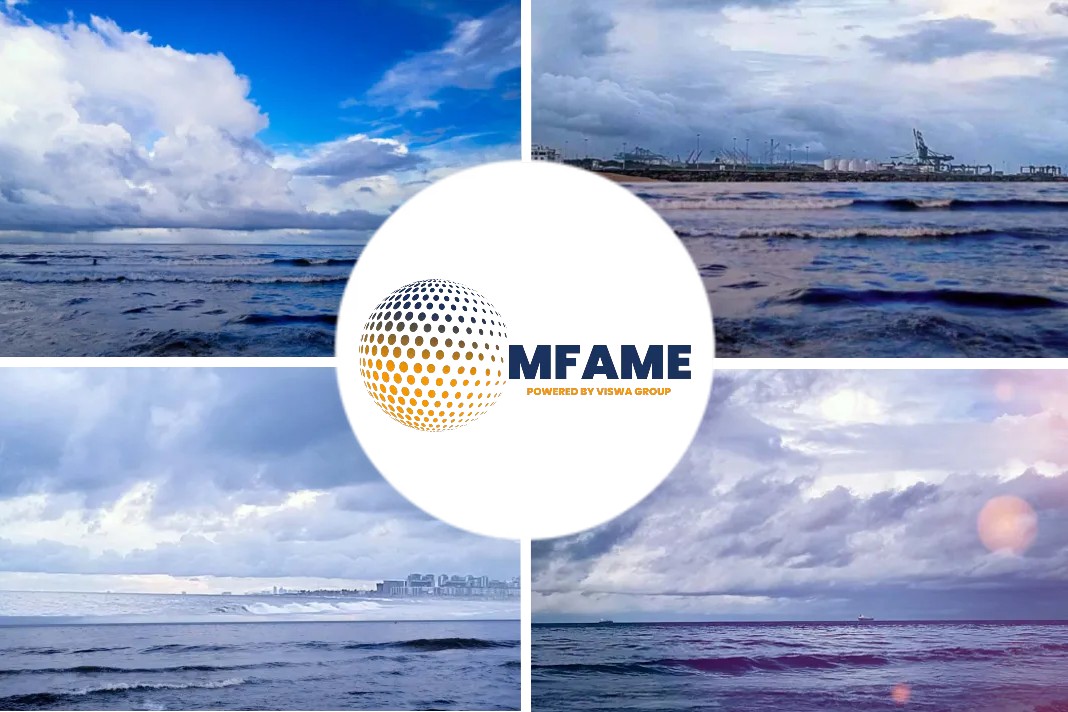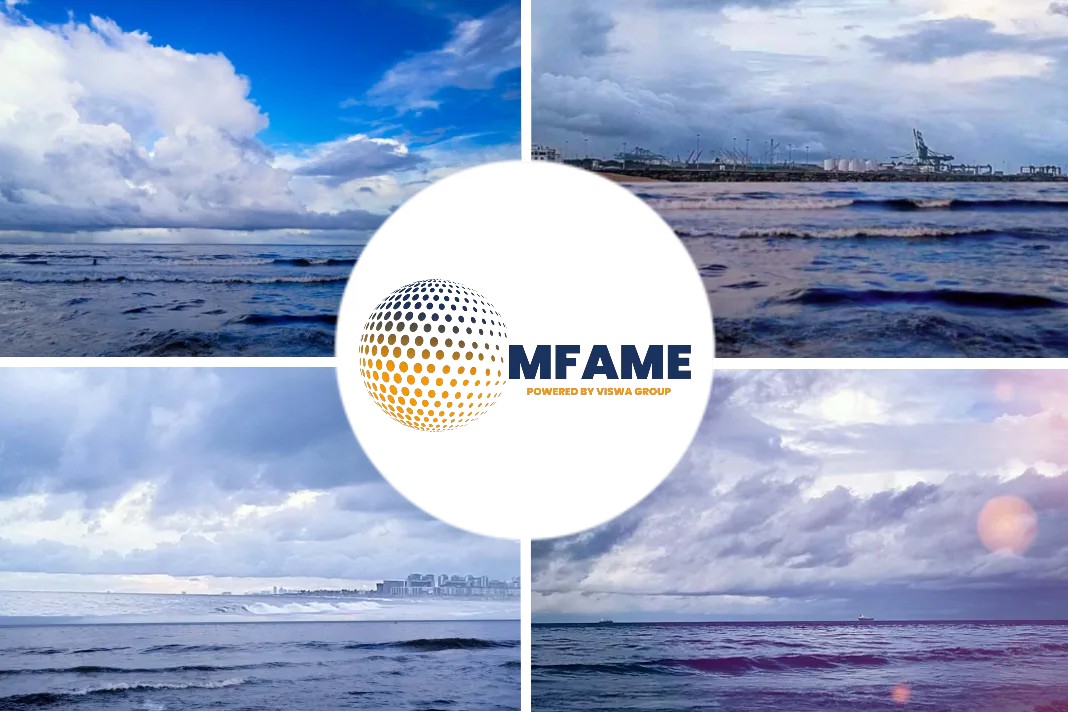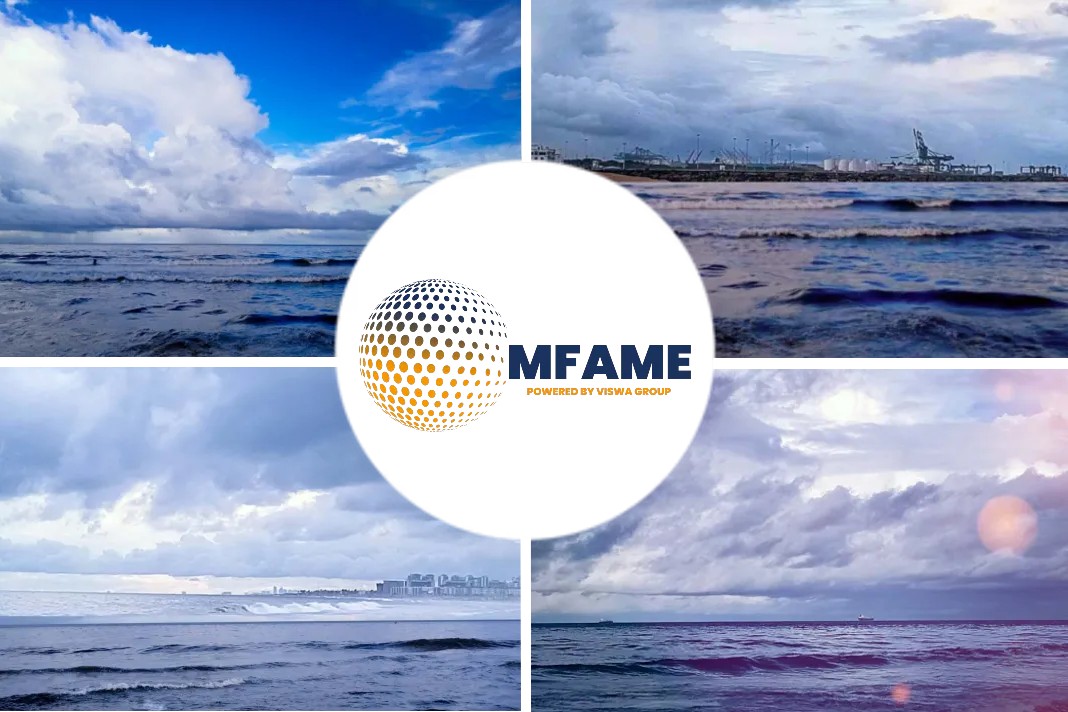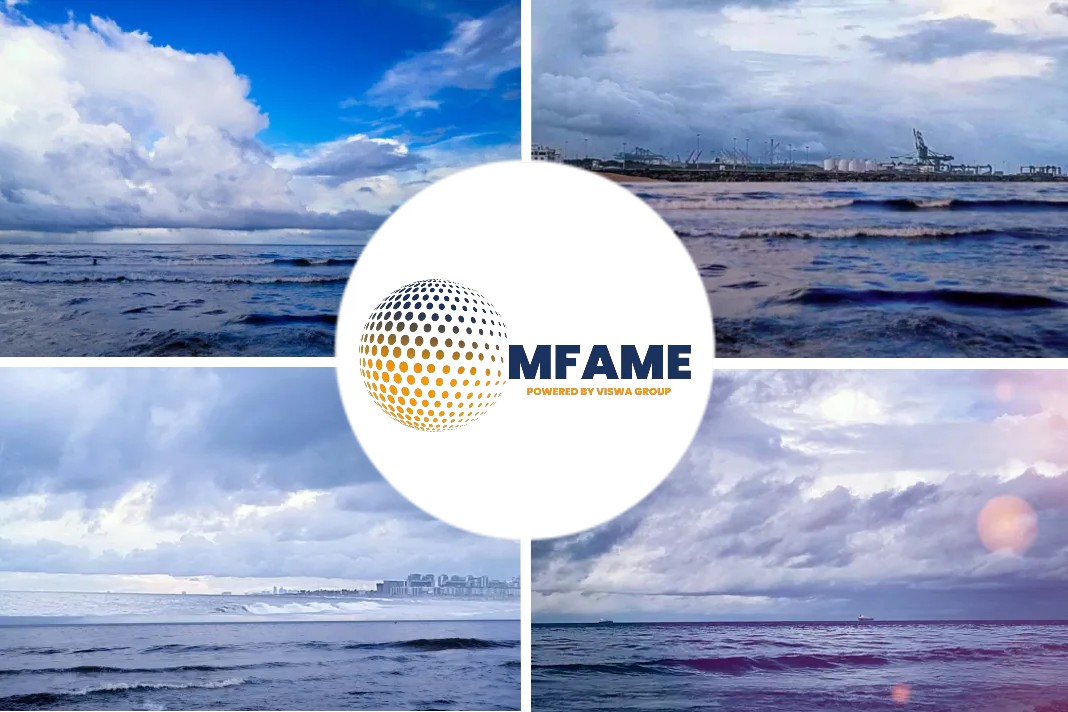Yearly Archives: 2019
30,000 Tonne LSFO Headed for Megatanker, Oceania
Euronav has chartered a tanker to bring a 30,000 tonne cargo of low-sulphur fuel oil from northwest Europe to Malta.
They have parked...
Handling VLSFO (0.5% Sulfur fuel) – First Advisory
Viswa Lab has been testing numerous fuel blends called ‘Very Low Sulfur Fuel Oils’ (VLSFO) that are being introduced into the market to meet...
SembMarine Secures S$175m Worth Contracts
SEMBCORP Marine has secured new contracts worth an estimated S$175 million to build LNG vessel, repair and modernise cruise ships, reports The Business Times...
Freight Derivatives and Iron Ore Futures Volumes Soar
The macro-economic factors and the tragic events in Brazil along with uncertain US-China trade relations heightened uncertainty and created trading opportunities.
The total...
Capesize Index Turns Positive For The First Time in Weeks
According to freight investor services, Capesize rates have continued to be depressed by lack of physical activities this week.
Positive capsize index
The paper market...
Toxic Fumes From Ships Linked To Thousands of UK Deaths
The United Kingdom has been categorized as one of the most vulnerable nations to the toxic fumes.
Experts reveal more than 3,000 British deaths...
Firefighters Battle Flames, Wind, And Cold in 1916 Ship Fire
According to Collingwood Today Feature, we return to the early morning fire aboard the City of Midland that emblazoned Collingwood’s skyline on Friday, March 17,...
Japan To Develop Long-Range, Air-To-Ship Cruise Missiles
Japan all set to develop for the first time long-range, air-to-ship cruise missiles.
The missiles are capable of attacking a warship from beyond the range...
First Ship-to-Ship LNG Transfer Completed in Bahamas
Excelerate Energy and Equinor Energy completes first ever ship-to-ship transfer of LNG in the Bahamas.
Excelerate’s FSRU Exemplar and Equinor’s 140,000 m3 LNG...
Debate on Impact of Vessel Scrubber Discharge Water To Face Deviation
Under the IMO 2020 regulations, ship operators are required to use 0.5% LSFO or 3.5% HSFO provided vessels are fitted with scrubbers, commencing...






